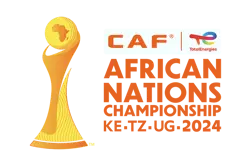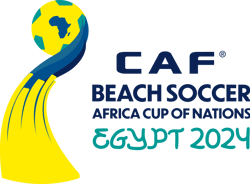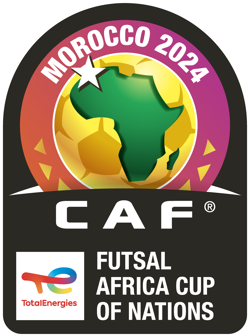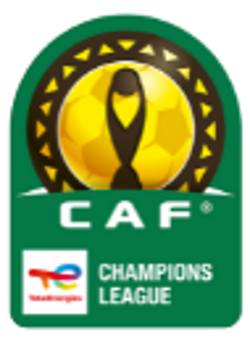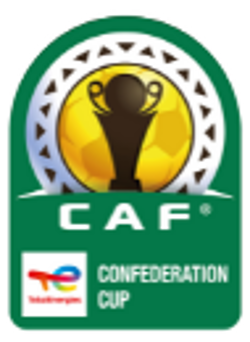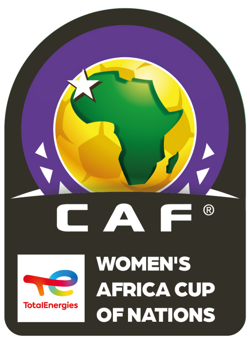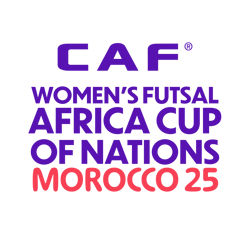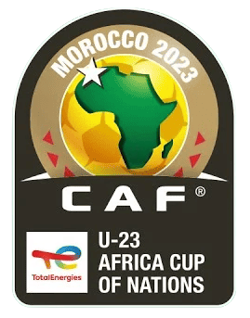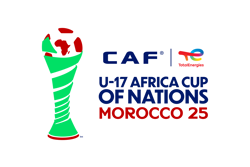Abdul Karim Kombassa (Guinea): Police, Futsal, and National Passion
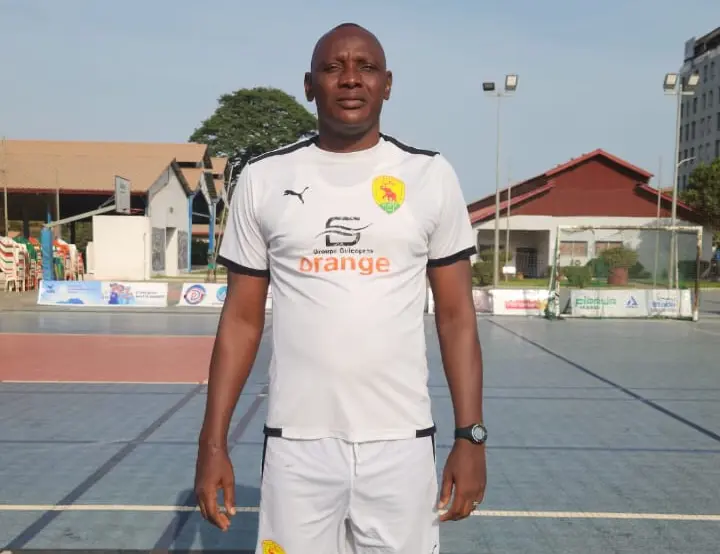
He speaks with the rigour of a man in the field and the contagious enthusiasm of a builder. A police officer by day and head coach of Guinea’s national women’s futsal team in every spare moment, Abdul Karim Kombassa embodies a new generation of dedicated coaches who live at the crossroads of duty and passion. As Guinea prepares to make history by competing in the first-ever CAF Women’s Futsal Africa Cup of Nations, Kombassa speaks candidly. Between national pride, a thirst for continental recognition, and the hopes carried by a determined youth, he outlines the contours of an ambitious sporting project and a growing movement. A conversation with a coach who goes against the grain someone for whom every minute on the court is a victory.
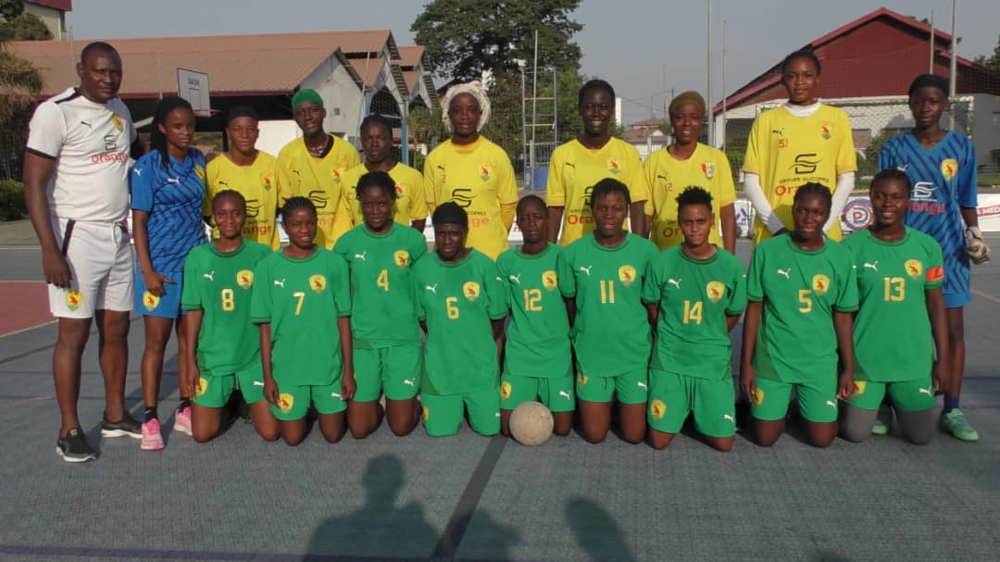
CAFOnline.com: How does it feel to be part of the very first CAF Women’s Futsal Africa Cup of Nations?
Abdul Karim Kombassa: I feel immense pride, mixed with great responsibility. Qualifying for this first edition of the Women’s Futsal AFCON is a real achievement for Guinean football. It’s the result of commitment, determination, and the vision of the president of the Guinean Football Federation. We’re approaching this historic moment with seriousness, excitement, and the ambition to represent our country with honour.
Guinea is in Group B alongside Angola and Egypt. What are your thoughts on the draw?
Group B is a tough one. Angola and Egypt both have solid experience in women’s football, which makes our task even more challenging. But it’s exactly this kind of challenge that pushes us to give our best. We know we’ll need to double our efforts, but we’re ready to face these nations and showcase the potential of Guinean women’s futsal.

What are your goals for the tournament?
Our ambition is first to perform well, get out of the group stage, and reach the semi-finals. This tournament is also an opportunity to gain experience and continue improving our game. Most importantly, we hope our participation will inspire other young girls in Guinea to take an interest in futsal and believe in their potential.
How would you describe your team?
It’s a young, disciplined, and motivated group. My players are talented, enthusiastic, and very united. They work hard and bring great team spirit. Cohesion is one of our main strengths, and I’m confident each of them will contribute meaningfully to the team’s success.
How is the team’s preparation for the tournament going?
The preparation is going well. We’ve implemented an intensive training programme focused on technique, tactics, and physical fitness. We’ve also played several friendly matches against local clubs to test our play in real conditions. We’re paying special attention to mental preparation, stress management, and strengthening team unity.
You’re also a police officer. How do you balance your professional duties with your commitment as a coach?
It’s not easy, but I’ve learned to manage my schedule with discipline. I carefully plan my days to fulfil my professional obligations while being fully committed to working with the team. The discipline and organisation required in my role as a police officer help me a lot in my work as a coach.
How did you discover futsal?
I come from traditional football, but I discovered futsal during a stay in Egypt. I was captivated by the pace of the game, the technical depth, and the creativity it demands. Over time, this discipline became a passion. When the opportunity to coach arose, I naturally accepted the challenge.
Beyond sporting results, what are your hopes for the future of women’s futsal in Africa?
I hope to see women’s futsal become more structured across the continent. Young girls need access to proper facilities, regular competitions, and qualified coaching. Women’s futsal has immense potential. I hope more African countries will invest in this sport to turn it into a leading discipline not only in Africa but on the global stage.

